Herbal teas, also known as tisanes, are comforting beverages crafted from a variety of herbs, flowers, roots, and spices. Notably caffeine-free, these teas present diverse flavors and a multitude of health benefits, making them an excellent choice for everyday relaxation.
Unlike traditional teas, herbal teas combine different ingredients known for their well-being and soothing properties for both the mind and body. Consumed globally, they offer unique flavors and medicinal advantages, addressing concerns like sleep disturbances, digestive issues, and stress. Thanks to their rich tastes and numerous benefits, herbal teas stand out as a favored option for individuals in search of a healthful and calming beverage.
Here are ten exceptional herbal teas to consider incorporating into your daily routine:

Ginger tea, a potent source of antioxidants, has a rich history of use in easing stomach discomfort and nausea. It is particularly beneficial during pregnancy, for those experiencing motion sickness, or following surgery. It may also contribute to preventing ulcers, alleviating indigestion, and easing menstrual pain.
Key Benefit: A natural solution for nausea, promoting healthy digestion, and relieving menstrual cramps.
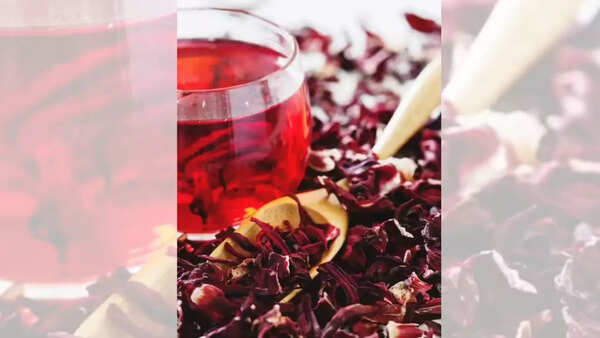
This vibrant and tart tea variety may assist in lowering blood pressure and reducing LDL ("bad") cholesterol levels. Research indicates that it can also mitigate oxidative stress in athletes.
Key Benefit: Supports a healthy heart and diminishes oxidative stress.
Echinacea, celebrated for its immune-supporting properties, can play a role in lessening the duration and intensity of common colds.
Key Benefit: An immune-boosting tea that aids in combating colds.

This South African caffeine-free tea is brimming with antioxidants. Early research suggests it may help prevent bone loss, potentially assisting with osteoporosis, while also contributing to lower blood pressure and cholesterol levels.
Key Benefit: Promotes both bone and heart health.
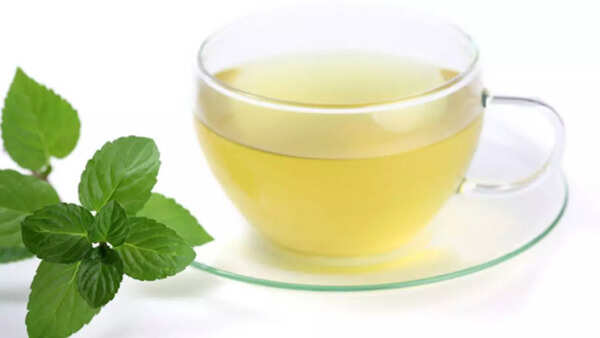
Widely appreciated for its ability to enhance digestion, peppermint tea can alleviate indigestion, cramps, and bloating. It may even provide relief from tension headaches.
Key Benefit: A revitalizing aid to digestion.

Chamomile is highly valued for its relaxing properties and is frequently used to enhance sleep quality. Additionally, it possesses antibacterial, anti-inflammatory, and liver-protective qualities. It may also stabilize blood sugar levels and alleviate PMS symptoms.
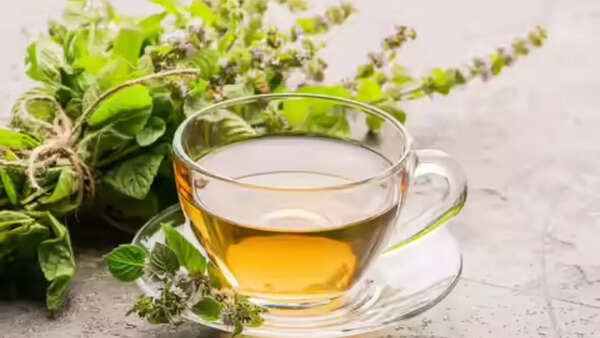
Recognized for its calming effects, lemon balm can assist in reducing stress, promoting relaxation, and supporting healthy digestion.
Key Benefit: A soothing tea for both the mind and digestive system.
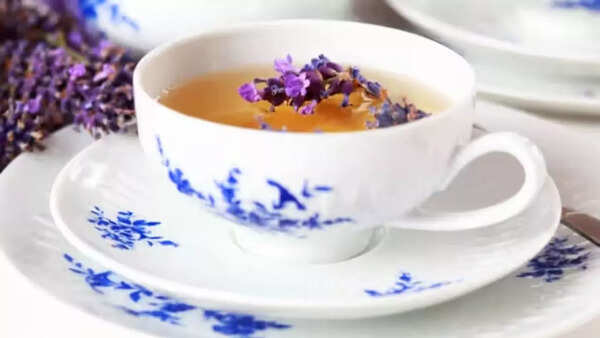
With its floral aroma, lavender tea is employed to foster relaxation, enhance sleep quality, and diminish anxiety. It also exhibits mild anti-inflammatory effects.
Key Benefit: Perfect for achieving evening tranquility and more profound sleep.

Sage tea combines antimicrobial and antioxidant advantages. It can provide relief for sore throats, enhance cognitive function, and potentially alleviate menopausal symptoms.
Key Benefit: A multi-faceted herb that benefits the throat, brain, and hormone balance.
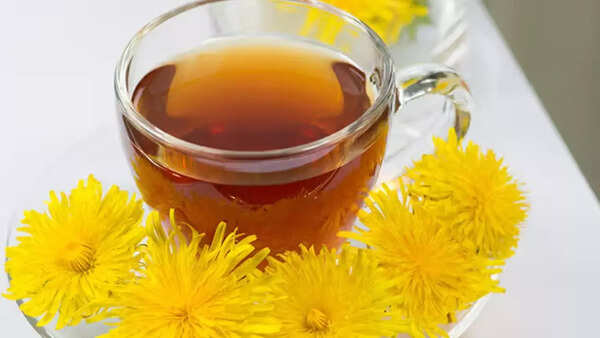
Dandelion tea supports liver health, aids digestion, functions as a gentle diuretic, and supplies vitamins A, C, and K, along with minerals like calcium and potassium.
Newer articles
Older articles
 Former India Selector Blasts Fielding Lapses After Test Defeat; Urges Patience With Team
Former India Selector Blasts Fielding Lapses After Test Defeat; Urges Patience With Team
 Greg Chappell: Rishabh Pant is Revolutionizing Cricket with Unorthodox Style
Greg Chappell: Rishabh Pant is Revolutionizing Cricket with Unorthodox Style
 Optical Illusion Puzzle: Only 1% Can Find All Hidden Animals – Can You?
Optical Illusion Puzzle: Only 1% Can Find All Hidden Animals – Can You?
 Indian Pacer Harshit Rana Released from Squad Ahead of Second England Test Amidst Series Pressure
Indian Pacer Harshit Rana Released from Squad Ahead of Second England Test Amidst Series Pressure
 Vegetarian Powerhouses: 20 Plant-Based Protein Sources That Outperform Eggs
Vegetarian Powerhouses: 20 Plant-Based Protein Sources That Outperform Eggs
 Asia Cup 2025: ACC Reportedly Targets September Start Amid Rising Hopes, Aims for Schedule Release Next Month
Asia Cup 2025: ACC Reportedly Targets September Start Amid Rising Hopes, Aims for Schedule Release Next Month
 Chess Prodigy: Nine-Year-Old Indian Player Secures Draw Against Magnus Carlsen
Chess Prodigy: Nine-Year-Old Indian Player Secures Draw Against Magnus Carlsen
 Prasidh Krishna Eyes Bowling Improvement: Focus on Economy Rate and Length Control During England Tour
Prasidh Krishna Eyes Bowling Improvement: Focus on Economy Rate and Length Control During England Tour
 Mirabai Chanu: Olympic Medalist Reveals Relentless Focus on Training, Weight Control Even During Family Time
Mirabai Chanu: Olympic Medalist Reveals Relentless Focus on Training, Weight Control Even During Family Time
 Smith Eyes Grenada Test Return After Injury Layoff
Smith Eyes Grenada Test Return After Injury Layoff